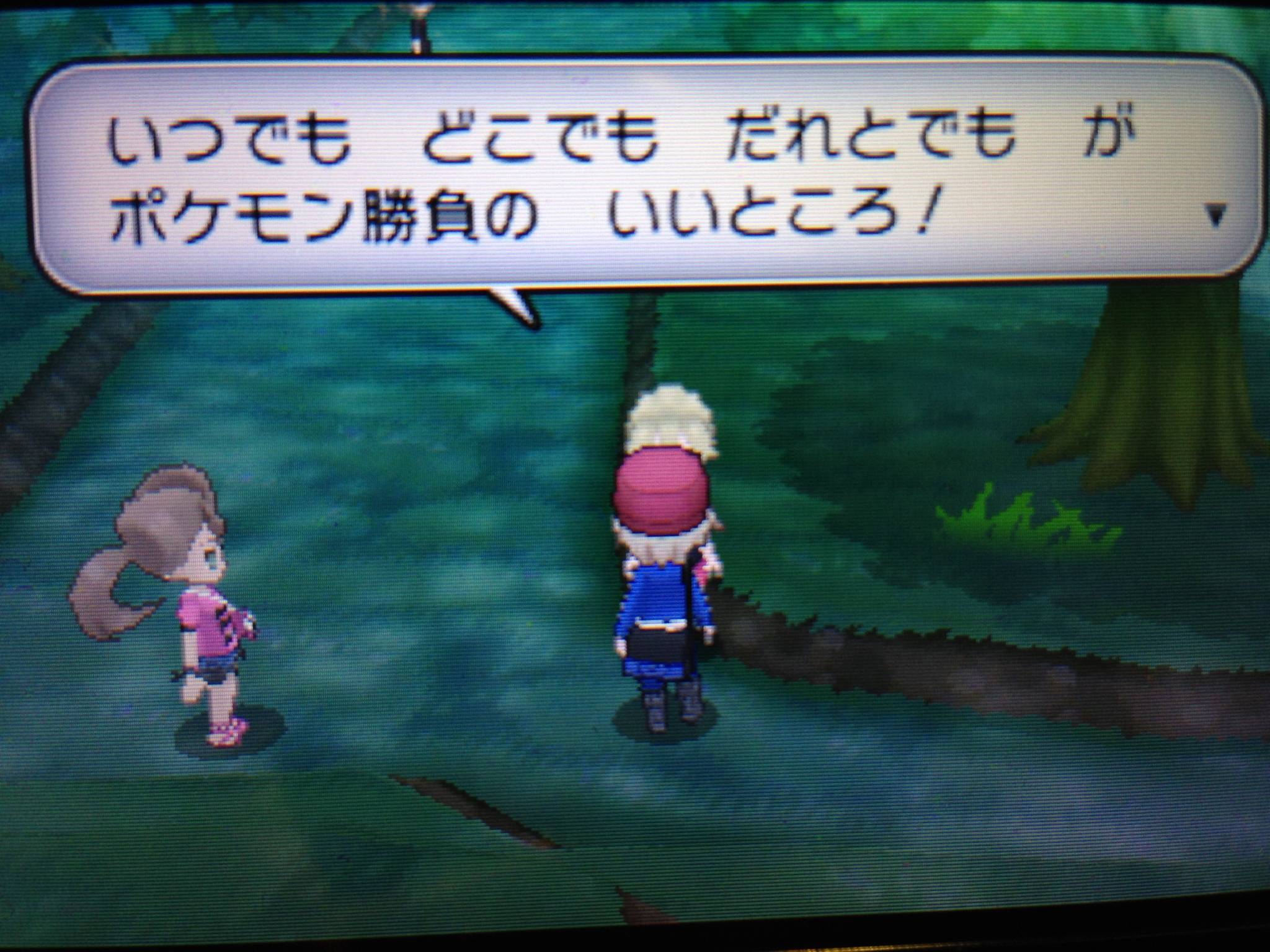One of my friends sent me this picture of a Pokemon game:

It says:
いつでも どこでも だれとでも が
ポケモン勝負の いいところ!
Although the meaning seems fairly obvious, I can't figure out how the grammar works.
I'm under the impression that が typically can't follow でも. (I can't remember where I learned this rule, but I can find references online that agree. For example, see the chart here on page 60 which says that が can't follow でも.)
So why can が follow でも here?
Is it possible that something is omitted before が? (This idea seems strange to me...)
Is it something like 「いつでも」「どこでも」「だれとでも」が, where each of those three is treated as though it's a noun?
How does the grammar work?
